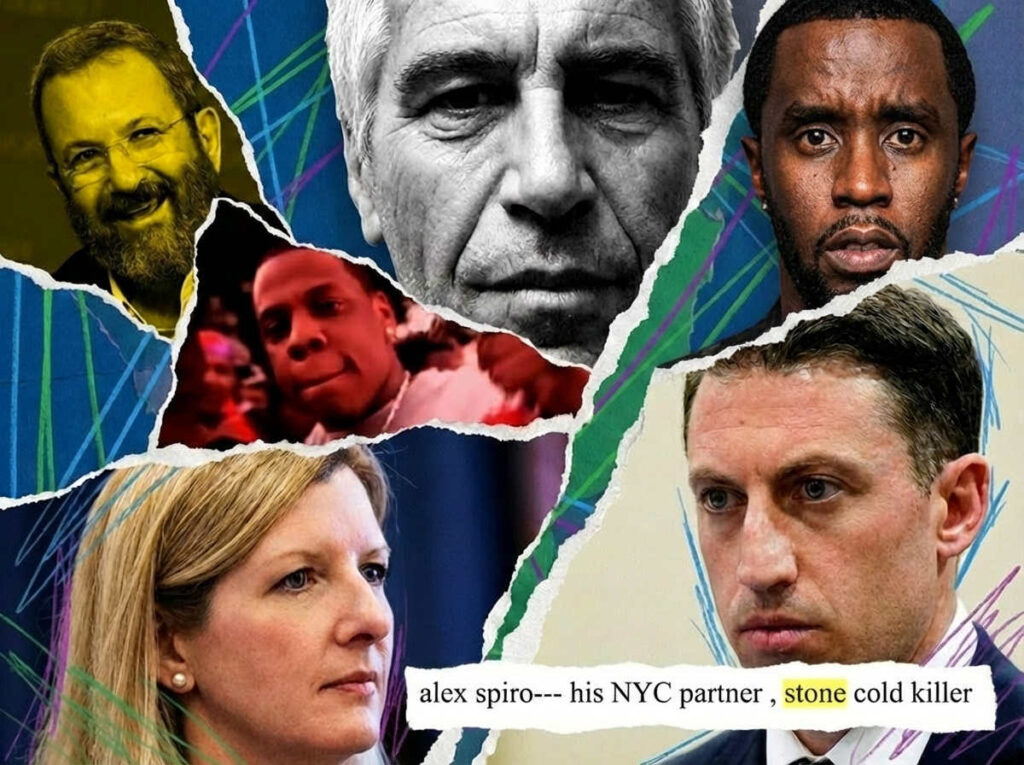In the aftermath of the October 7 attack on Israel by Hamas, incidents of antisemitism in U.S. schools have surged, prompting discussions around the need for a more vigilant approach to hate speech and discrimination. Teachers like Josh Hirsch, a high school educator in Colorado, faced fierce backlash for expressing pro-Israel sentiments online, leading to calls for his removal and threats to his family's safety.
Despite the challenges, Hirsch remained committed to teaching and joined the Anti-Defamation League’s (ADL) advocacy network, aiming to create a more inclusive school environment. He remarked, The opportunity for students to express their opinions in constructive ways is vital. We must prevent the development of hostility and hatred. The challenges faced by educators have prompted states like Texas and California to enact laws aimed at holding school systems more accountable for addressing antisemitism.
However, these measures are met with mixed reactions. Critics argue they may stifle free speech and disproportionately target criticism of Israel. In Arizona, a vetoed bill highlighted a divide among lawmakers regarding how to handle antisemitism. California Governor Gavin Newsom's recent legislative actions reflect a growing awareness of the issue, as does affirmative action towards anti-bullying efforts following cases where Jewish students have faced severe harassment.
While the Trump administration has imposed scrutiny on universities accused of antisemitism, K-12 schools are largely left addressing these concerns on their own. The ADL reported nearly 860 antisemitic incidents last year in schools, though this was a slight decrease from over 1100 incidents recorded in 2023. The situation remains complex, as educators and lawmakers navigate the delicate balance between protecting free speech and combating hate within school environments.
The growing recognition of antisemitism as a critical issue has ignited a broader discussion within the National Education Association, with debates centering around the appropriateness of certain educational materials and the role of unions in addressing these challenges. As Hirsch asserts, creating environments where students can debate respectfully about sensitive issues will be essential moving forward.





















